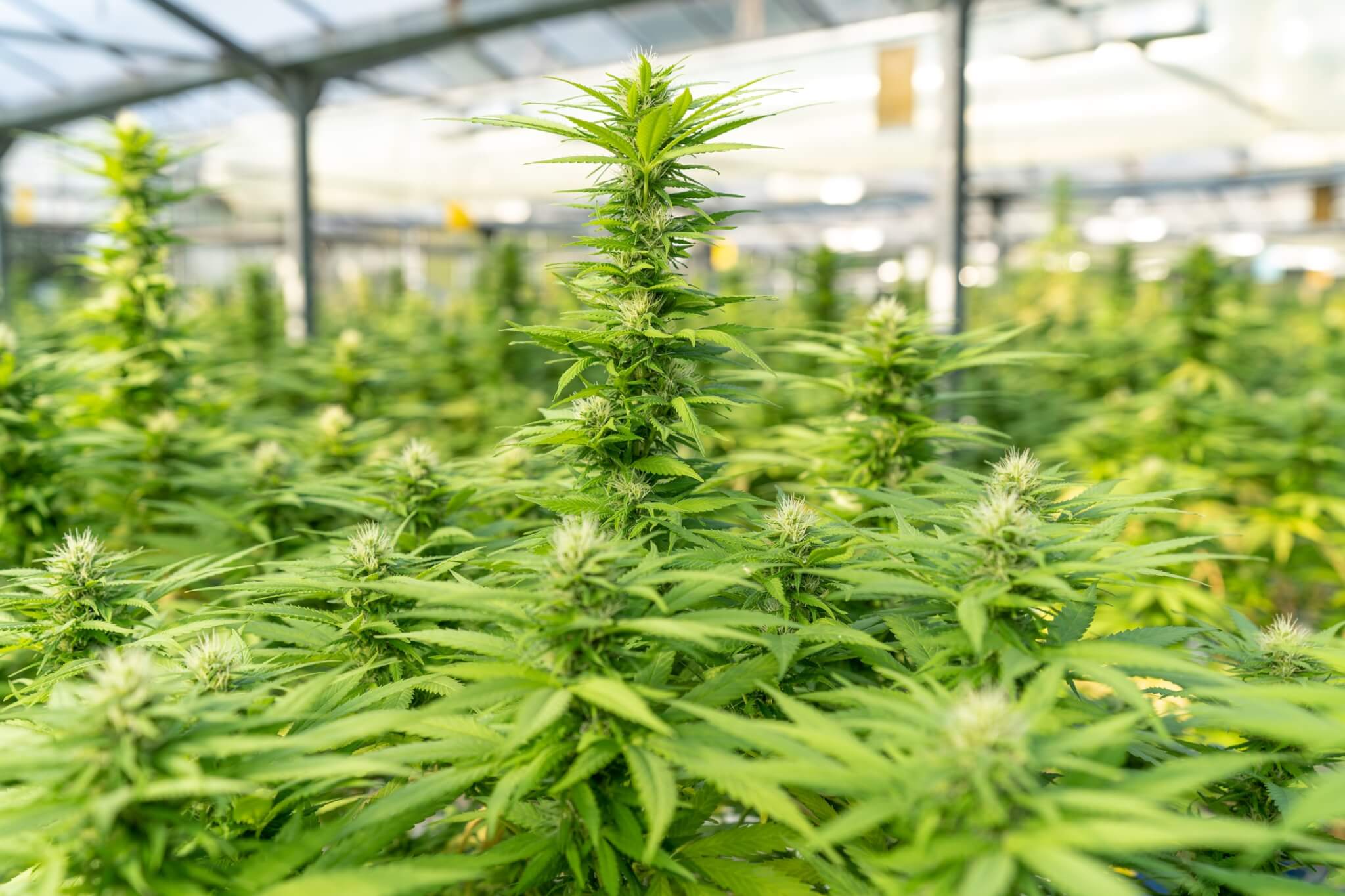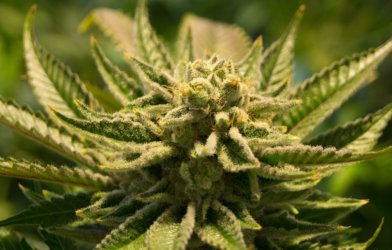NEW YORK — There’s an alarming new health warning for people who consistently use cannabis. A recent study by a team at Columbia University’s Mailman School of Public Health reveals a startling link between frequent cannabis use and the prevalence of asthma, particularly in young adults and adolescents.
“With the growing use of cannabis across the U.S., understanding potential links between cannabis use and asthma is increasingly relevant to population health,” says study corresponding author Dr. Renee Goodwin, in the Department of Epidemiology at Columbia Mailman School of Public Health and Epidemiology at the City University of New York, in a media release. “This relationship is an emerging area and requires thorough collaborative investigation by experts in these fields.”
The findings are based on a review of the 2020 National Survey on Drug Use and Health.

Asthma, which affects nearly eight percent of the U.S. population, is a common chronic respiratory disease, characterized by symptoms like wheezing, shortness of breath, and coughing. It’s caused by the narrowing and inflammation of the airways in the lungs and can be triggered by a variety of factors, including smoke exposure.
For the study, Columbia University researchers analyzed responses from 32,893 individuals in the U.S., ages 12 and older, to understand how cannabis use might relate to asthma. Cannabis here includes not just traditional forms but also blunts, which are cannabis rolled in cigar wrappers – a popular method of consumption.
The findings indicate that current asthma is more prevalent in individuals who reported using cannabis in the past 30 days compared to those who didn’t. Specifically, about 9.8 percent of cannabis users had asthma, as opposed to 7.4 percent of non-users. This difference becomes even more pronounced among heavy users – those smoking cannabis for 20 to 30 days in a month. The likelihood of having asthma was notably higher in this group.

“Our findings add a significant layer to the nascent body of research on potential harms associated with cannabis use by being the first to show a link between cannabis use in the community and respiratory health risks; specifically increased asthma prevalence,” notes Dr. Goodwin. “Examining asthma prevalence in both adolescents and adults helps to inform public health initiatives and policies geared towards mitigating its risks, and underscores the importance of understanding the interplay between cannabis use and respiratory health.”
The study suggests a dose-response relationship. Simply put, the more frequent the cannabis use, the higher the chances of having asthma. This is important because, unlike cigarette smoking, whose link to respiratory issues is well-documented and has led to public health efforts to reduce its prevalence, the understanding of cannabis’s impact on respiratory health is still in its early stages.
However, it’s not all straightforward. Cannabis smoking has been linked to short-term bronchodilation – a temporary widening of the airways. Longer-term use appears to have the opposite effect, though, potentially worsening respiratory symptoms and contributing to conditions like asthma.
This study is a crucial step in understanding how lifestyle choices impact health, particularly at a time when cannabis use is becoming more widespread. It underscores the need for further research and, possibly, public health initiatives similar to those against cigarette smoking. The take-home message is clear: while cannabis use is on the rise, its impact on health, especially respiratory health, is a growing concern that needs more attention.
The study is published in the journal Preventative Medicine.




I have been smoking weed for 62 years. I have no medical problems. I only have pain issues. I rather smoke weed than take opioids.I will be 80 years old 2-24-23.